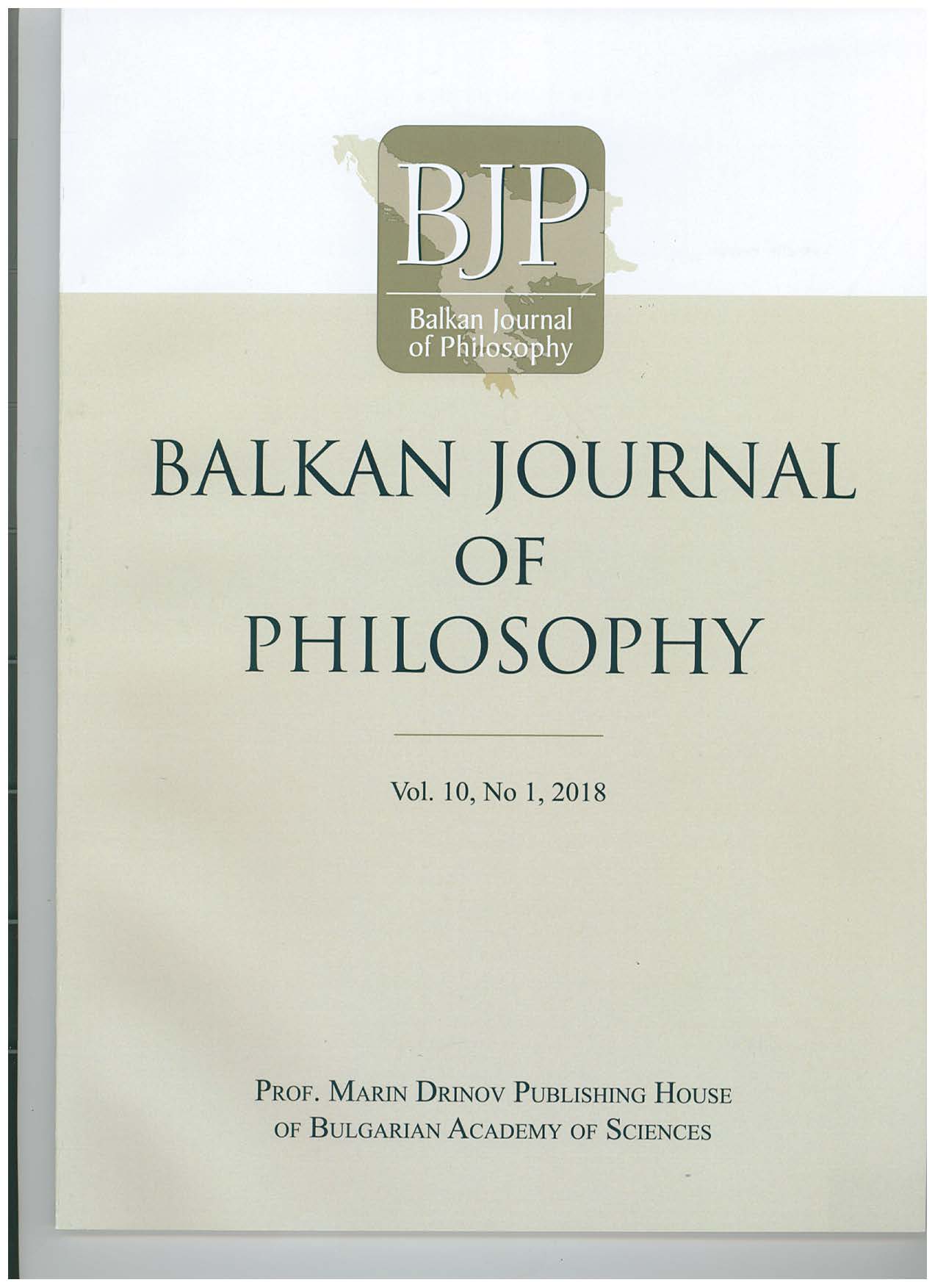Applying Confirmation Theory to the Case against Neurolaw
Applying Confirmation Theory to the Case against Neurolaw
Author(s): Anton DonchevSubject(s): Philosophy, Social Sciences, Law, Constitution, Jurisprudence, Psychology, Special Branches of Philosophy, Philosophy of Law, Philosophy of Law
Published by: Институт по философия и социология при БАН
Keywords: neurolaw; confirmation theory; hypothetico-deductivism; empirical evidence; ordinary language philosophy; legal system
Summary/Abstract: Neurolaw is the emerging research field and practice of applying neuroscientific knowledge to legal standards and proceedings. This intersection of neuroscience and law has put up some serious claims, the most significant of which is the overall transformation of the legal system as we know it. The claim has met with strong opposition from scholars of law, such as Michael Pardo and Dennis Patterson (2011), who argue that neurolaw (and neuroscience more generally) is conceptually wrong and thus perceive most of it as “nonsense” (Patterson, 2003). I expose a flaw in Pardo and Patterson’s arguments by means of confirmation theory. My main point is that Pardo and Patterson use implicit hypothetico-deductivism in their attack on neurolaw, and that we have good reasons to doubt the employment of such a model, because it faces serious theoretical problems. I then demonstrate how the alleged problems associated with neurolaw disappear if we use a quantitative probabilistic account of confirmation. I also explain why it provides a better account for the way the legal system actually works.
Journal: Balkan Journal of Philosophy
- Issue Year: X/2018
- Issue No: 1
- Page Range: 45-54
- Page Count: 10
- Language: English
- Content File-PDF

